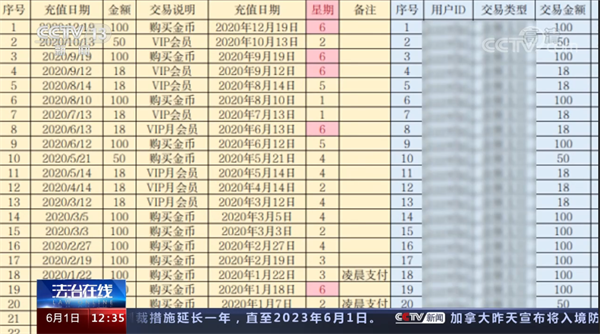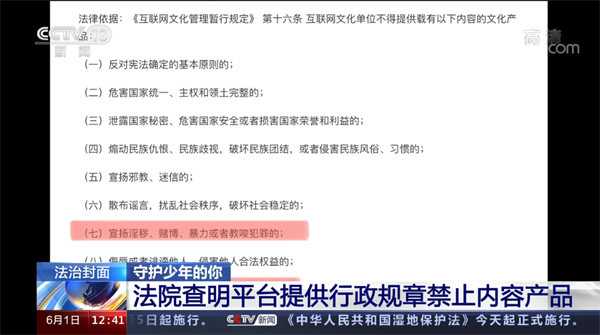Comics platform liable for providing content inappropriate for minors
Case summary

In December 2020, the parents of Xiao Xue, a middle school student, found out to their surprise that she had deposited money to an online comic reading platform from May 25, 2019 to Dec 22, 2020 to a total of 1,466 yuan ($219). They claimed the contract between the platform and their child should be invalidated, based on the grounds that the platform provided large amounts of content inappropriate to minors, failed to identify the readers as minors so as to limit the browsing content for them accordingly, and charged for the contents without getting confirmation from their guardians. After communicating in vain with the platform, the parents sued at the Beijing Internet Court (BIC), requesting an order invalidating the network service contract between their daughter and the platform, and a refund of the deposited amount.

After trial, the court decided that the comics involved included content both prohibited by administrative regulations and inappropriate to juvenile readers. It posed wrong guidance to the mental and physical development of minors and could result in serious social consequences to them. The BIC thus ruled that the contract involved offended public order and morals and was therefore null and void. The defendant was ordered to refund 1,456 yuan to the plaintiff.
Tips from the judge:

The plaintiff was under 14 years old when the contract was signed and fulfilled, an age when she could easily be affected and hurt by negative information from cyberspace. Although the defendant claimed its target audience were adults aged between 18 and 25 years old, and it wasn’t aware the client in this case was a minor, the fact that the platform provided internet content prohibited by administrative regulations meant the defendant was at fault.
It is specifically stipulated in the Law on the Protection of Minors that information endangering the physical and mental health of minors must not be created, released or disseminated, and that information that may affect the physical and mental health of minors must be flagged in a prominent way. If network service providers fail in their duty to flag such material as inappropriate for minors they will bear corresponding liabilities.

 Beijing Internet Court Lawsuit Service WeChat Account
Beijing Internet Court Lawsuit Service WeChat Account  Beijing Internet Court WeChat Account
Beijing Internet Court WeChat Account